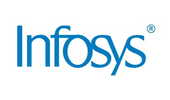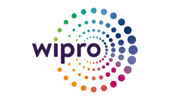Call:
+91- 8310884090
Email Us:
info@mhrconsultancy.in
Visit Us:
Novel Tech Park, Kudlu Gate, Hosuru Road, Bengaluru
MATLAB Training Course For Your Career Growth
Get MATLAB training with certified Human Resources experts. We rated as best Matrix Laboratory training institute with 100% Placement assistance.
MATLAB, short for Matrix Laboratory, is a high-performance programming language and numerical computing environment used extensively in engineering, science, and mathematics. Developed by MathWorks, MATLAB provides a wide range of functions for tasks like data analysis, visualization, modeling, and algorithm development. It is particularly popular for its powerful matrix manipulation capabilities and its extensive toolboxes, which cover various application areas such as signal processing, image processing, control systems, and more. MATLAB is widely used in academia, research, and industry for its versatility and ease of use in numerical computing and data analysis.
























